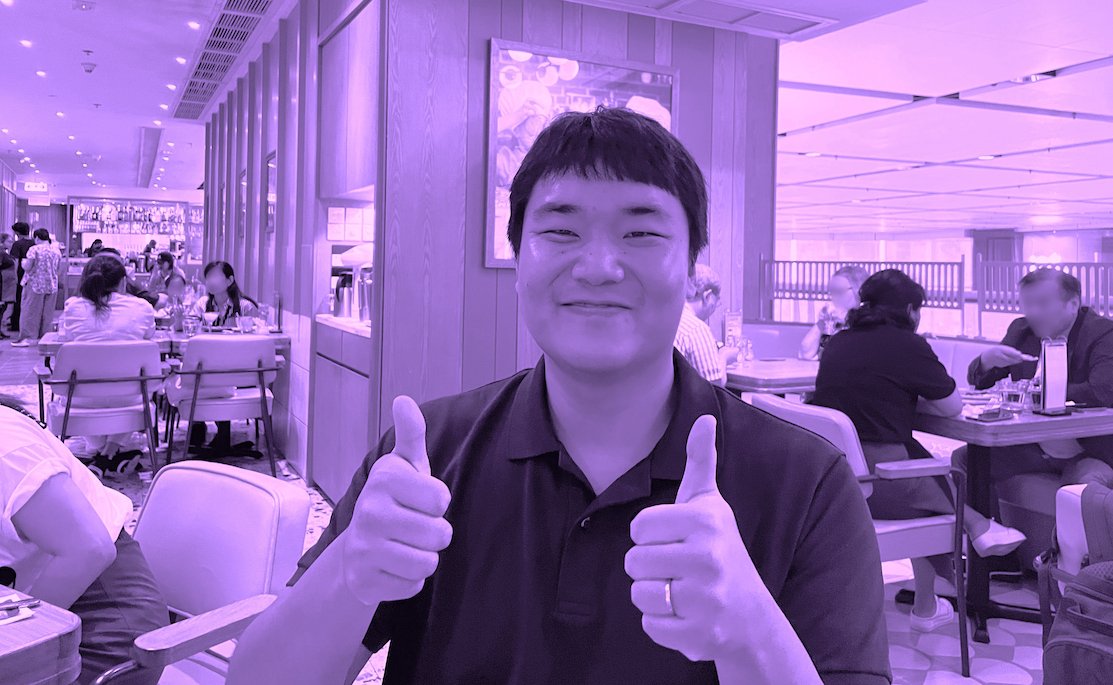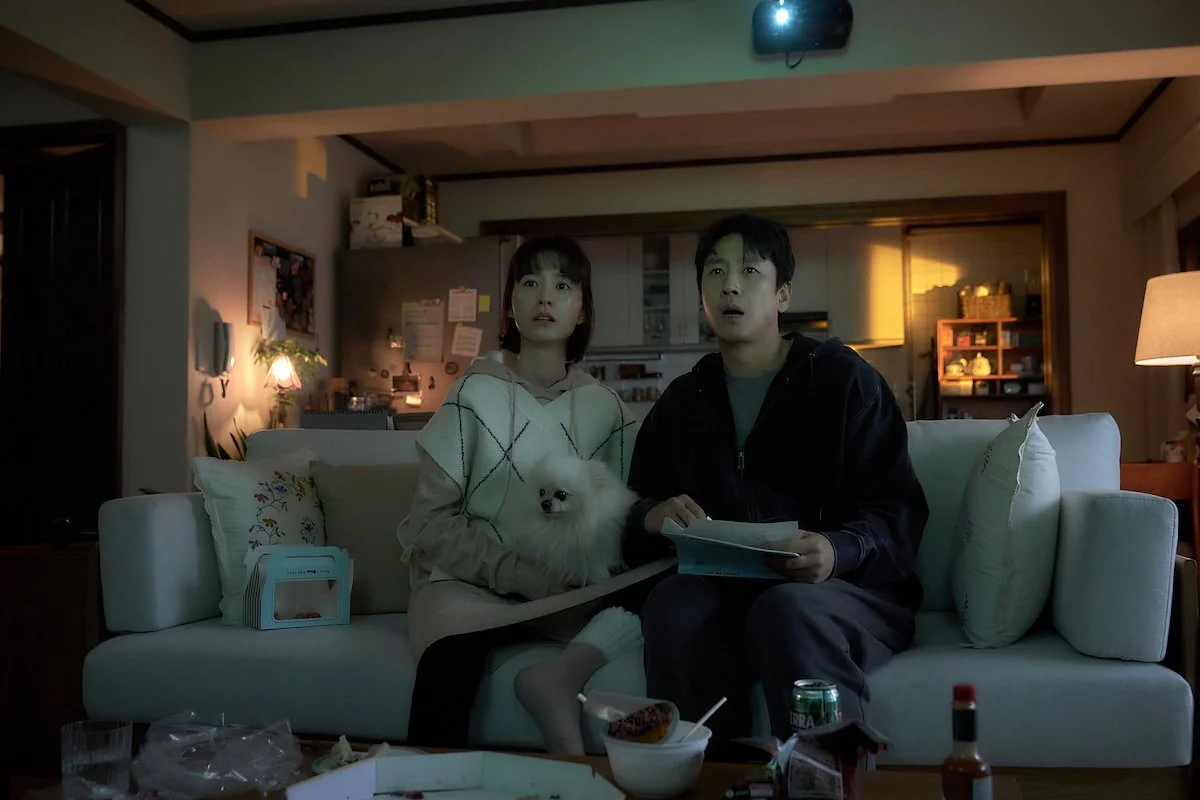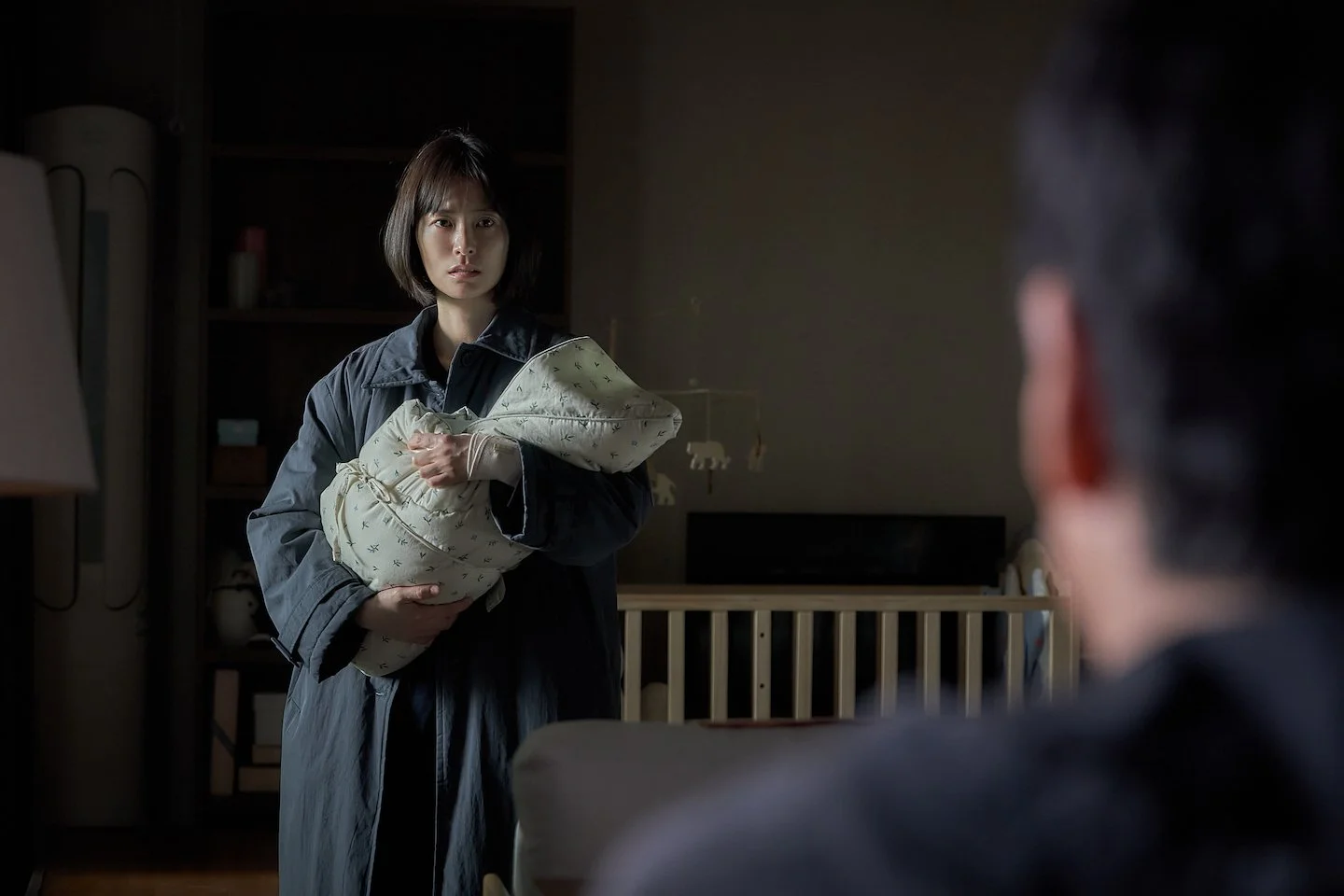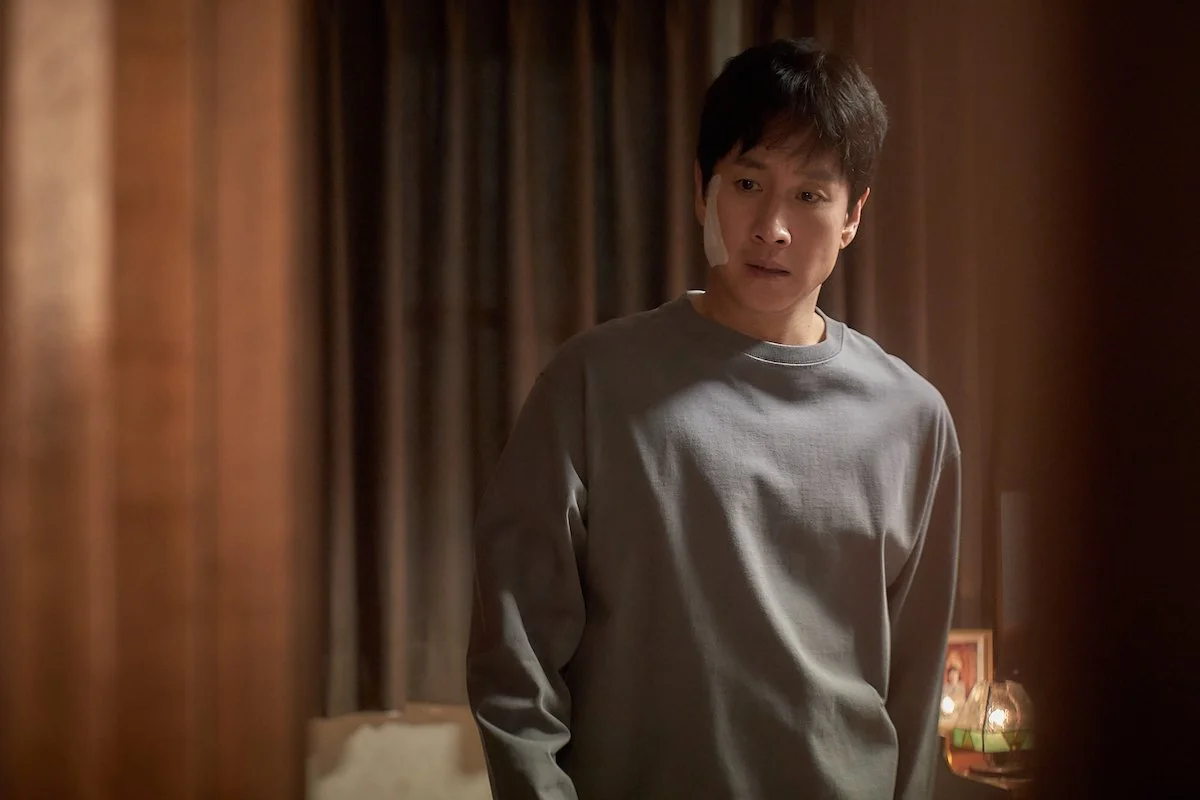Perchance to Dream
First-time director Jason Yu taps the horror – and joy – of marriage in ‘Sleep’ and proves he’s the real deal.
“Yes, I am,” is the happy declaration in response to the question of whether or not first time director Jason Yu is married. Yu plonks down in a chair, his wheelie whisked off to an unobtrusive corner (he’s heading home tonight) while he chats about the screening of Sleep | 잠 he just left. He’s relaxed and chatty, quick to joke; the screening went well and the Q&A was, in a way, more satisfying than the one at Cannes after the film’s world premiere. Sleep has scads of horror elements in it, and anyone who watches enough films will recognise that Western and Asian audiences have very, very different ideas about what constitutes “terrifying”. “In Europe it was a bit more of a novelty, the shamanistic aspect of it,” begins Yu. “It was new, or maybe unfamiliar, territory. The Hong Kong audience got it better, and understood the nuances.”
But let’s get back to that married thing. Anyone who caught Sleep at the just-wrapped Summer International Film Festival (SIFF) in its Asian premiere will likely want to ask Yu if it’s at all autobiographical. The story revolves around a young couple expecting their first child. Sounds simple enough, except Yu has crafted a psychological horror-mystery about marriage and parenthood, a metaphor loaded with anxiety and tension, and subtle nods to nightmare fuel like Hereditary, Rosemary’s Baby, and Audition.
To answer that, Yu rewinds a bit. He’s quick to admit he’s a bit late to the game on the filmmaking front, calling himself a late bloomer weaned mostly on mainstream fare. “It’s very embarrassing for me to say now,” he starts with a chuckle. “In my late teens and even my early-20s I was never really excited about films. I was an average movie-goer and my experiences were exclusive to blockbuster hits, and even then it was very sparse.” But a combination of a creative writing class at university – taught by American novelist Gabe Hudson (Gork, the Teenage Dragon), who introduced the class to great books and films – and down time during military service spent watching movies fuelled his interest in cinema as a career. The first step was joining a film club at school. “We made, just, the most horrible short films, but we were really into it, heart and soul,” he recalls. The second was far more impressive: working for titanic filmmakers like Lee Chang-dong (Oasis, Burning, a former Minister of Culture and Tourism), and then Oscar-winner Bong Joon-ho (Snowpiercer, Parasite) on Okja, from pre-production to release. “My main thought was don’t be a burden, don’t screw this up,” Yu says, before noting Korean ADs are almost exclusively aspiring directors, and the AD role is more of an apprenticeship than call sheet wrangler. “So the president of the Okja’s production company [Lewis Kim of Lewis Pictures] told me to give him my screenplay when it was done.”
Which leads to Sleep. Now 33, Yu wanted to make a fun, accessible genre film – though not necessarily horror, “I get scared quite easily” – and it just so happened he and his girlfriend of seven years were getting ready to tie the knot. He was an unemployed, struggling artist and she was the breadwinner with a better career. “She still is,” he laughs, admitting, “I guess a lot of personal elements seeped into the story.” Yu also admits to a fondness for movies about marriage (he likes rom-coms too) but wanted to steer away from the usual sources of conflict for on-screen marriages: dark secrets, boredom, infidelity. “I have a more romantic view of what a marriage should be, so I wanted to create a story about a couple that really loved each other, and depended on each other, and were best friends, and throw them an external obstacle that’s nobody’s fault, and watch them solve it together.”
The less you know about Sleep going in the better, but the short version is that budding actor Hyun-soo (Parasite star Lee Sun-kyun, again, the under-seen A Hard Day) develops what appears to be a sleep disorder, which his pregnant wife Soo-jin (Jung Yu-mi, Kim Ji-Young: Born 1982, Silenced) tries to help him solve. They live by a credo that vows they’ll work through their problems as a team; they have words to that effect hung on the living room wall. But it soon becomes clear there’s more at play than sleepwalking. With a new baby in the house, the couple are pushed to the brink of madness, religious fervour, flight… you name it. Sleep is a stripped down affair, with an emphasis on negative space and oppressive silence for its atmosphere that makes you wonder if Hyun-soo is actually mentally ill, if Soo-jin is suffering postpartum depression or if both are just realising maybe they’re not right for each other.
The film also straddles a line, intentionally or otherwise, between East and West, or rather old and new. As soon as he opens his mouth, Yu’s childhood growing up in the UK becomes obvious, and though he refers to himself as “more Korean” than his wife, Hyun-soo and Soo-jin are an entirely modern Korean couple, embodying all the changes the country is experiencing. It’s 2023, and there are 21st century considerations for marriage now – often anxiety-inducing ones. Though Korea is perceived as intensely traditional, “Now, in modern times, marriage has become a lot more conditional. There are a lot of ‘deal-breakers’ external to love, and if those conditions aren't met, the deal is off,” Yu theorises. “I was afraid of marriage. When I got married I was unemployed and had nothing going for me. Why would she want to marry me? So Soo-jin, in the movie, thinks those external factors are irrelevant.” It doesn’t make their dilemma easier to deal with.
Script done, Yu went back to Lewis Pictures, and got lucky enough to get a green light. Asked who’d be on his Mount Rushmore of casting, he was honest, and a quiet word from his old boss (Bong) got Lee and Jung on board. Production was smooth sailing, fortunately free of divas in the mood to browbeat the new kid. “As the saying goes, a debuting director has the least experience on the set,” Yu laughs again. He did catch himself trying to Do As Bong Does, though, which is not such a bad thing. “I’m very aware of my shortcomings and I don’t mind delegating or asking for ideas.” He finished in time to apply to Cannes for this year, and also got to celebrate his first wedding anniversary at the premiere. Extra festival fun for the couple.
Record scratch! It was not. Yu was stricken with a bout of imposter syndrome that turned his shining moment – getting into Cannes is an achievement in itself, despite the venerable festival’s often bizarre loyalties – a bit sour. “I was excited and happy, but that quickly faded and passed into fear and anxiety. I just thought getting in was luck, and when it opened everyone would see right though it, and what a piece of S it was and that I was a crappy director. So I could never really appreciate it and enjoy it that much.” Okay, dramatic, but easy to understand. Needless to say, Yu’s wife has turned into something of a digital gatekeeper, controlling review reads. Hopefully Yu is chilling now; the film got off to a good start, opening in the top spot at the box office at home in Korea (beating perennial summer winner Oppenheimer) on September 6. Though there’s no confirmed release date, that success bodes well for us here in Hong Kong. And Yu won’t say it but we can: Sleep is not a piece of shit.
So what’s the message? What’s Yu saying about commitment and family? That it’s a horror show? That it will drive you to madness? None of the above. “Whether audiences get a message or not is almost irrelevant. I don’t think there’s an outright theme or message; the unity idea is important for me, of course,” he finishes. “But I just want people to have a good time.”
Where we were
Summer International Film Festival • cinefan.com.hk
Cafe Deco Pizzeria, Elements
Hong Kong • August 15-30, 2023





